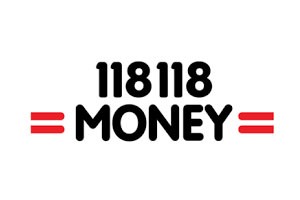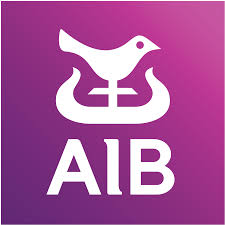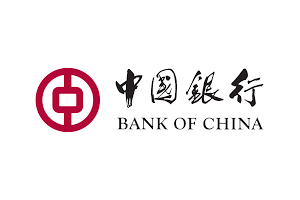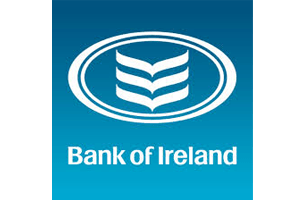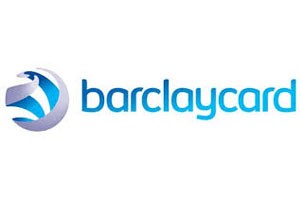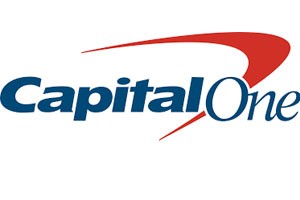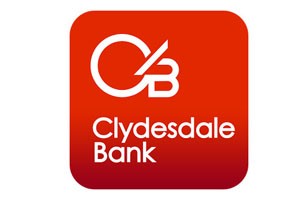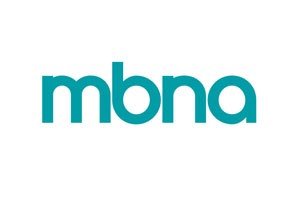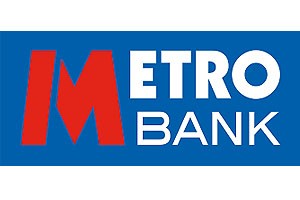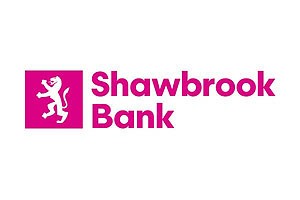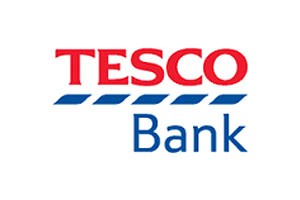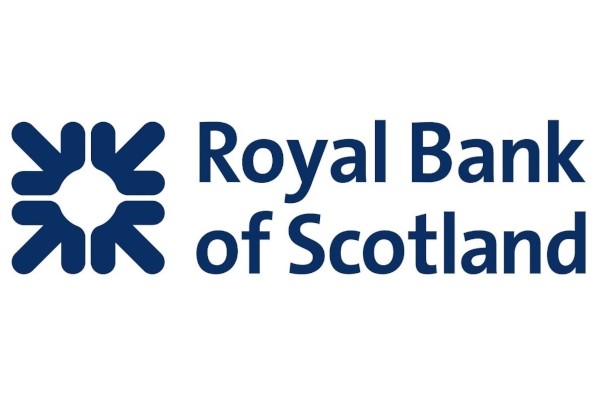Consumer Rights – Section 75 Claims
HAVE YOU USED A CREDIT CARD OR LOAN FINANCE TO MAKE A PURCHASE?
Consumers have protection under statutory legislation when they make a purchase on a Credit Card, or they finance a purchase by way of loan regulated by the Consumer Credit Act 1974. The relevant section of the Consumer Credit Act is Section 75, and the process in making a claim is a Section 75 claim. All Credit Cards are regulated under the Consumer Credit Act 1974 as are loans or hire purchase agreements. If you have suffered losses because of misselling, misrepresentation, breach of consumer law or breach of contract, then you can claim against your Credit Card provider or the finance company.
Under the Consumer Credit Act 1974 your Credit Card or finance company are jointly and severally responsible for your purchase. What this means is that there is no requirement for you, the Consumer, to take action directly against the seller of the goods or services. You can take action against either or, or both the retailer the Credit Card provider.
Experience tells us that going direct to the Credit Card provider in the first instance cuts down time and effort in bringing a claim directly against the retailer. Whilst the Credit Card provider is no ‘pushover’ they are more likely to capitulate and find in your favour.
The use of a Credit Card now features in the majority of transactions these days, but many people are unaware of this valuable protection that exists under the Consumer Protection Act. Those who are aware of it may use it to claim their card provider, either themselves or use a company like ourselves.
THE REASONS FOR USING EXPERT HELP TO BRING YOUR CLAIM
Whilst the DIY approach may save you some money if you get it wrong, it may cost you your entire claim. Card providers and Banks do not make claiming against them an easy task and will raise technicalities at will to deter the enthusiastic layman.
Credit Card Providers and Banks make it as difficult as possible for people to claim. They have a primary liability under the Consumer Credit Act to reimburse consumers, often from their our pockets.
We are experts in this field and have successfully recovered millions of pounds on behalf of consumers just like yourselves. We are authorised and regulated by the Financial Conduct Authority (FCA). It is unlawful for unregulated companies to bring these types of claims on behalf of consumers.
NEW CLAIMS OR FAILED CLAIMS, WE CAN HELP YOU
Whether you are considering making a new claim or have been unsuccessful in bringing a claim previously, we can help you.
Our experience in dealing with failed claims tells us that many of the claims we see should not have failed. The reason for them failing is not due to lack of merit. However, more to do with the Credit Card provider or Banks making wrong decisions, and the consumers lacking the expert knowledge to challenge the decision.
A common reason that your claim is likely to be declined is, a break in the debtor-creditor-supplier relationship. Credit Card providers and Banks often use this stock reply when a Section 75 claim is presented to them.
What this means is that you may have used a third party payment processor to make your purchase. Pay Pal or Sage Pay is the perfect example of the third party payment processor. The problem with using such a payment method breaks the debtor-creditor relationship, as stated in the Consumer Credit Act.
The problem here is that the Act is over forty years old and does not take into account advances in consumer buying behaviour. An example of this is online shopping; Amazon, eBay, to mention just two of the most popular online shopping sites. Both use third-party payment processors; eBay uses Pay Pal, and Amazon uses Amazon Pay. Purchasing goods from these sites and making a Section 75 claim is likely to have the financial institutes decline your claim.
We have recently been challenging financial institutions on the debtor-creditor-supplier relationship point, and to date, we have been very successful. If you had a claim declined on the debtor-creditor-supplier relationship argument. Whether you have submitted the claim yourself or through another claims company, we can provide a free no obligation review of your case. If we think that your claim has merit, we can offer to submit your claim again to the financial institution.
Quick Complaint Form
S75 is particularly useful if the retailer or trader has gone bust or
doesn’t respond to your letters or phone calls.
S75 covers the whole purchase, even if you paid
only part of the cost on the card and the rest by other means.
There is no time limit to putting in a s75 claim.
However, if you’re unhappy with the card company’s response or the outcome of a
complaint to the Financial Ombudsman Service, you have a total of six years to pursue the matter in court.

